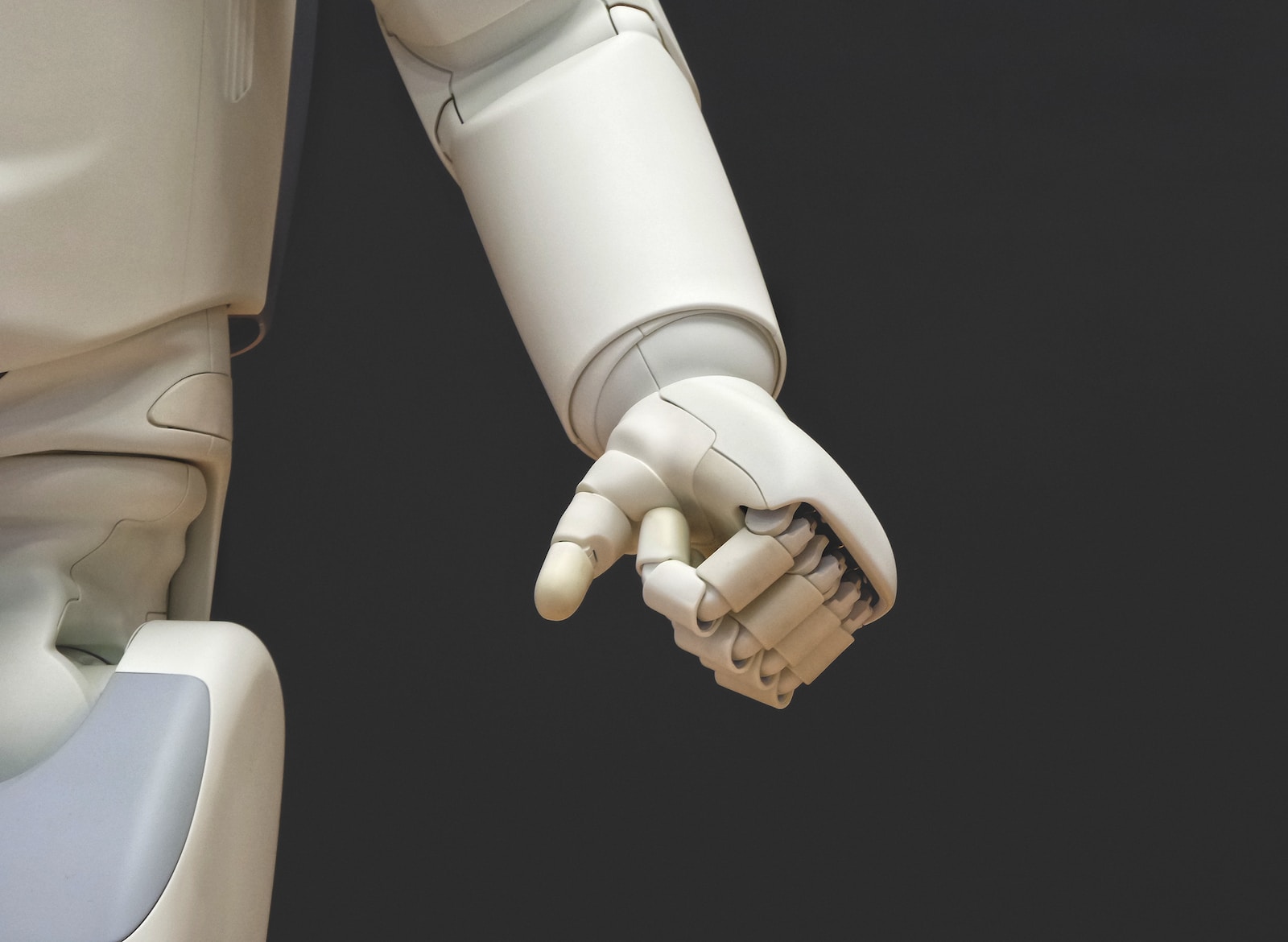Introduction
Artificial Intelligence (AI) has made significant strides in recent years, transforming industries and daily life. However, its rapid advancement raises complex ethical questions. The integration of AI in various sectors has necessitated a deeper examination of moral dilemmas surrounding its development and deployment. This article explores the ethical challenges posed by AI, current ethical frameworks, the role of transparency and accountability, AI’s impact on employment, the potential biases in AI, and the future of ethical AI development.
Ethical Challenges in AI
AI presents several ethical challenges, including decision-making in critical situations, privacy concerns, and the potential for misuse. For instance, in autonomous vehicles, AI must make split-second decisions that could have life-or-death consequences. The handling of personal data by AI systems also raises privacy issues, as there is a risk of this data being misused or falling into the wrong hands.
Ethical Frameworks in AI Development
To address these challenges, ethical frameworks are being developed. These frameworks aim to guide AI development in a way that respects human rights, promotes fairness, and ensures safety. Principles like transparency, justice, responsibility, and privacy are central to these frameworks. Governments and international bodies are also stepping in to establish guidelines and regulations for ethical AI development.
Transparency and Accountability in AI
Transparency and accountability are crucial in AI ethics. AI systems should be transparent in their operations, allowing users to understand how decisions are made. Accountability involves identifying who is responsible for the outcomes of AI decisions, especially in cases where these outcomes are harmful or unintended. Ensuring transparency and accountability requires collaboration between developers, regulators, and users.
AI and Employment
AI’s impact on employment is a significant ethical concern. Automation, powered by AI, could lead to job displacement in various sectors. There is a need to balance the benefits of AI-driven efficiency with the potential social impact of reduced employment opportunities. This challenge calls for policies that support workforce transition and skill development.
Addressing Biases in AI
AI systems can inherit biases from their human creators or the data they are trained on, leading to unfair or discriminatory outcomes. Addressing these biases is a critical ethical task. This involves ensuring diversity in development teams, using unbiased training data, and continuously monitoring AI systems for biased outcomes.
The Future of Ethical AI
Looking ahead, the future of ethical AI development will likely involve more robust ethical frameworks, enhanced regulations, and greater public engagement in AI ethics discussions. As AI becomes more sophisticated and ubiquitous, ensuring its ethical development will be crucial for maximizing its benefits while minimizing potential harms.
Conclusion
The ethics of AI is a complex and evolving field. As AI continues to advance, navigating its moral dilemmas will require ongoing effort, collaboration, and vigilance from developers, policymakers, and society at large. The goal is to harness the power of AI in a way that is beneficial, fair, and respects the fundamental values of humanity.
